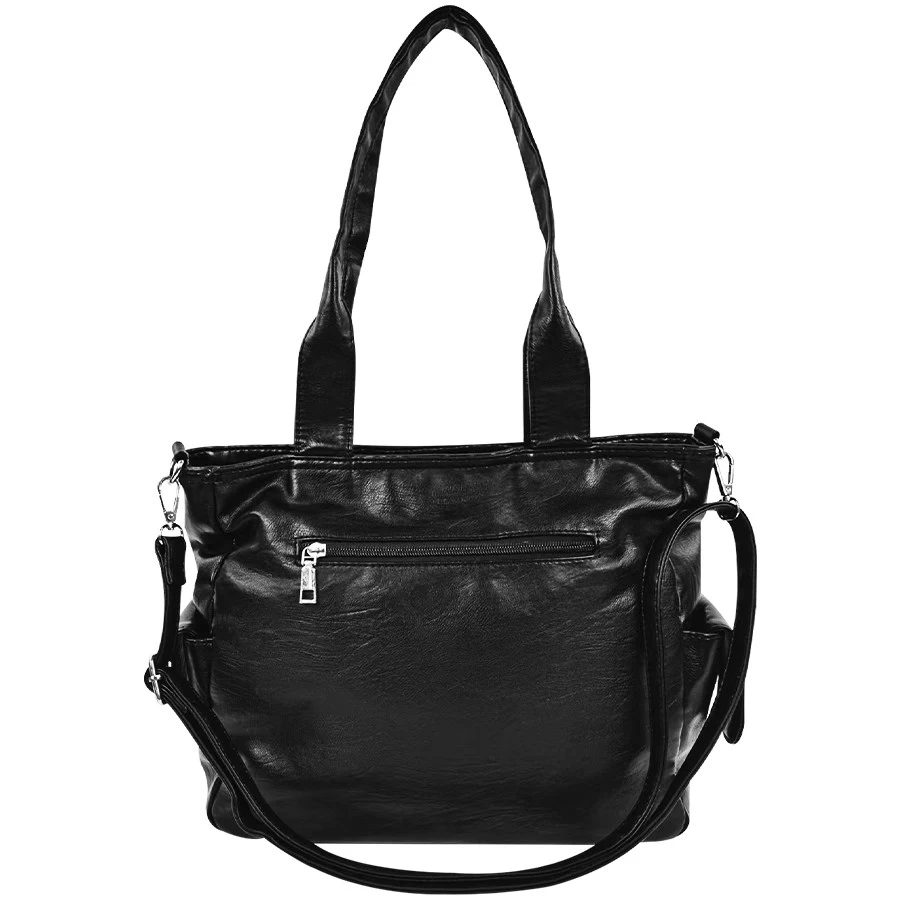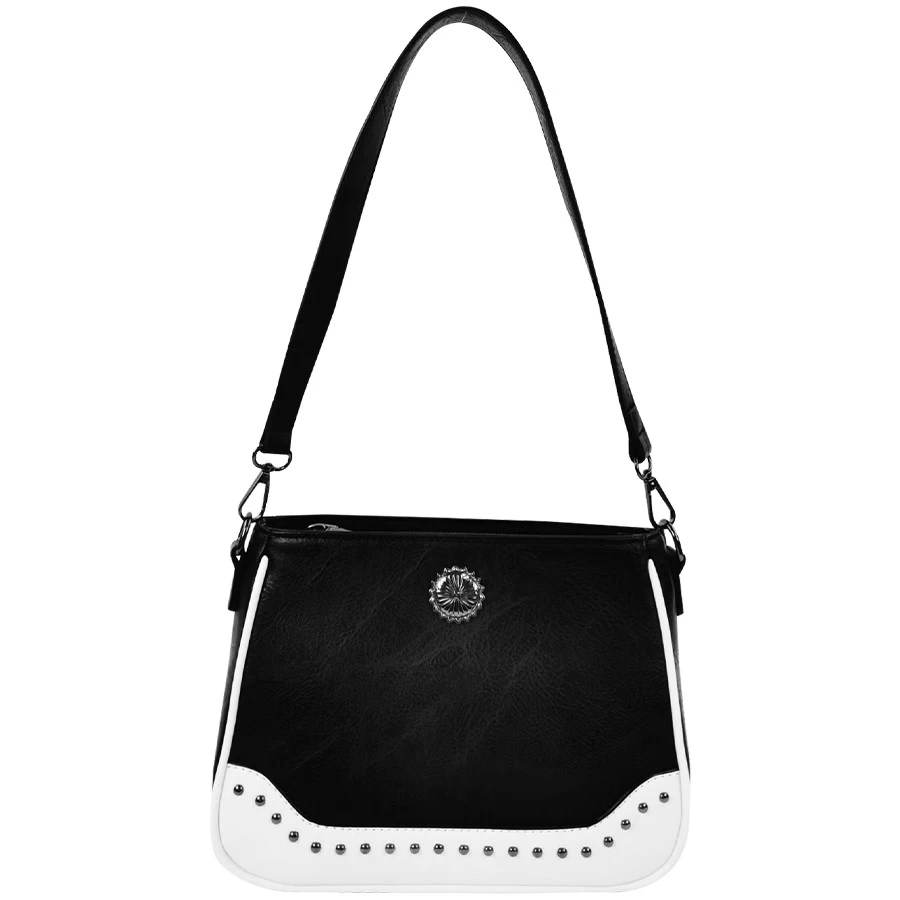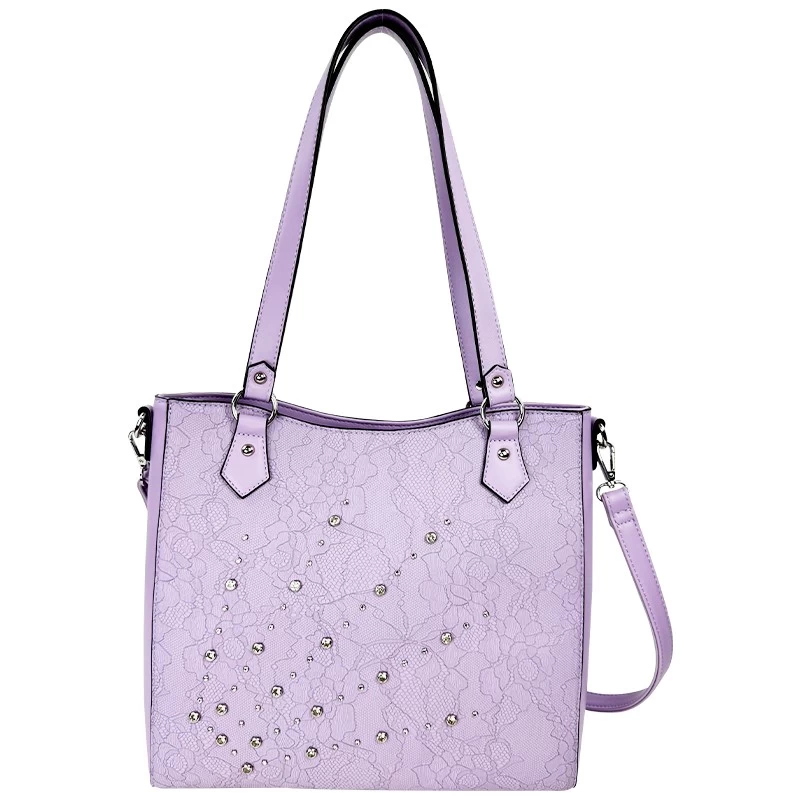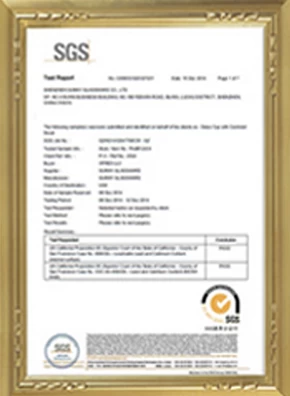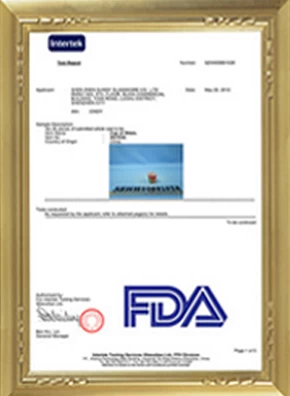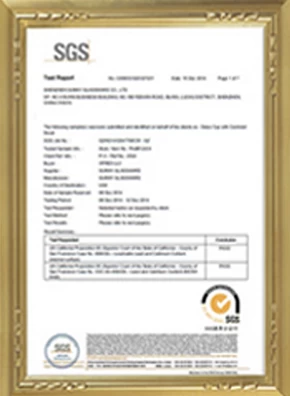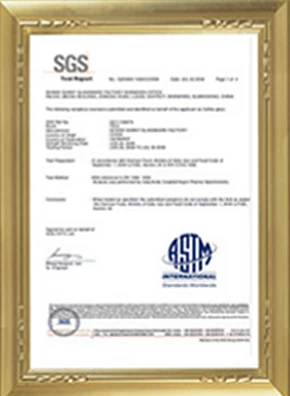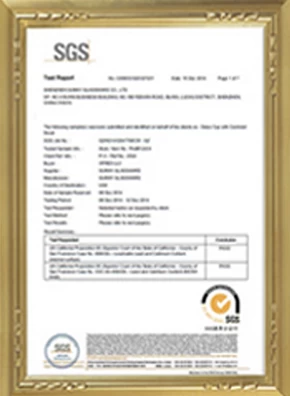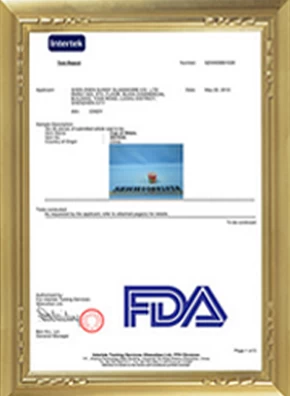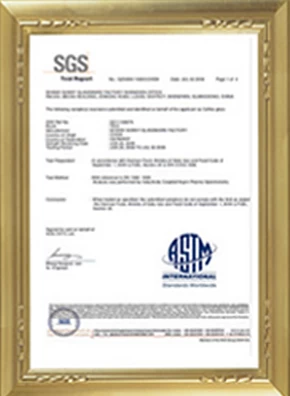Under the new EU regulations, luggage export companies must pay attention to the update of environmental certification
With the increasing global awareness of sustainable development and environmental protection, the EU's regulatory policies in the luggage industry are also constantly upgrading. (Clutch Bags custom design supplier) In recent years, the EU has introduced a series of new regulations to promote environmental protection and sustainable development, especially in the field of luggage exports. For luggage export companies, understanding and following these new regulations, especially the update of environmental certification, has become the key to ensuring market competitiveness and compliance operations.
1. Background of EU environmental certification
As one of the world's largest single markets, the EU has increasingly stringent environmental requirements for products. As part of consumer goods, luggage is also receiving more attention. The EU's environmental policy involves not only the production process of products, but also the selection of materials, the service life of products, and the final recycling and treatment. In order to meet these requirements, companies need to obtain corresponding environmental certifications to prove that their products meet EU standards.

100% Vegan Friendly Bags manufacturer
2. Updates to major environmental certifications
REACH regulations: REACH (Registration, Evaluation, Authorization and Restriction of Chemicals) regulations require companies to evaluate their potential environmental and health impacts when producing and selling chemicals. Luggage companies need to ensure that the materials used do not contain hazardous substances and carry out corresponding registration and evaluation.
EU Ecolabel: EU Ecolabel is a certification for environmentally friendly products, which aims to encourage companies to produce more environmentally friendly products. Luggage companies can show consumers the environmental advantages of their products by applying for ecolabels, thereby enhancing their brand image.
Circular Economy Action Plan: The EU's circular economy action plan emphasizes the recyclability and reusability of products. (wholesale Backpacks in china) Luggage companies need to consider the sustainability of design, choose recyclable materials, and provide corresponding recycling solutions to comply with this policy.
Plastic Restriction Directive: In response to restrictions on disposable plastic products, the EU has issued relevant directives requiring the reduction of plastic use. Luggage companies should pay attention to the selection of materials and try to use degradable or recyclable alternatives to meet regulatory requirements.
3. Luggage Company Response Strategies
Strengthen material management: Companies should conduct a comprehensive review of the supply chain to ensure that the materials used meet the EU's environmental standards. Establish a good cooperative relationship with suppliers and obtain environmental certification information for materials.
Improve product design: During the product design stage, consider environmental factors, adopt sustainable materials and design concepts, extend the service life of the product, and reduce resource waste.
Train employees: Regularly train employees on environmental laws and certification requirements to improve the environmental awareness of all employees and ensure that the company follows relevant regulations during production and sales.
Actively apply for certification: Companies should actively apply for relevant environmental certification to enhance the market competitiveness of products and enhance consumer trust.
Under the background of the new EU regulations, luggage export companies must attach great importance to the update of environmental certification. By actively responding to these changes, not only can we ensure compliance with regulations, but also stand out in the fierce market competition. In the future, environmental protection will become an important trend in the development of the luggage industry. Only by following this trend can companies achieve sustainable development.






